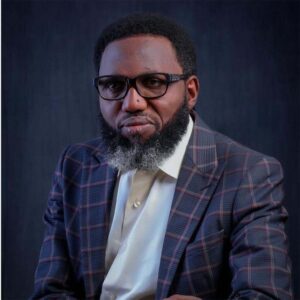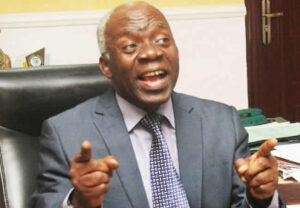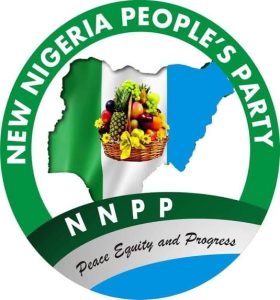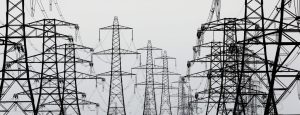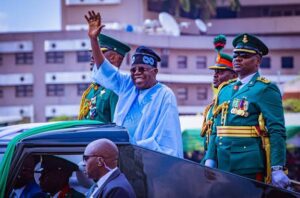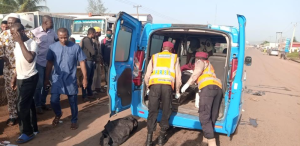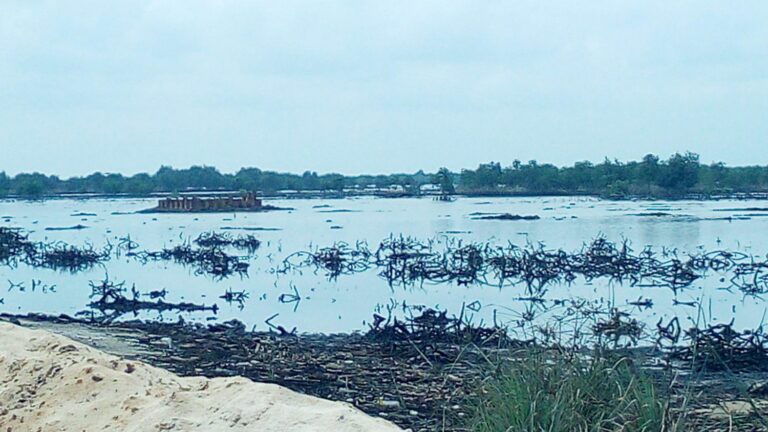
…Ogoniland University Will Heal Historic Wounds – TDF
Moves by President Bola Tinubu to restart oil exploration in Ogoniland, Rivers State, have hit a major roadblock following widespread protests that disrupted a scheduled congress in Bori, the traditional headquarters of the Ogoni people in Khana Local Government Area.
The congress, reportedly organized by a group set up under the directive of National Security Adviser (NSA) Nuhu Ribadu, was aimed at sensitizing the people and facilitating the resumption of oil exploration. However, it was halted by demonstrators carrying placards with messages such as “Ledum Mitee and Ribadu, Leave Ogoni Alone,” “On Ogoni Development Authority We Stand,” and “Exonerate Ken Saro-Wiwa.”
This development comes after Rivers State Governor Siminalayi Fubara led an Ogoni delegation to President Tinubu to discuss the possibility of restarting oil production in the region. In response, Tinubu tasked the NSA with ensuring that all Ogoni stakeholders were included in the dialogue.
Even before Saturday’s protest, the oil resumption initiative had been met with mixed reactions, with various interest groups expressing concerns over its execution.
The Movement for the Survival of the Ogoni People (MOSOP) voiced strong opposition, citing its exclusion from the discussions. MOSOP President Fegalo Nsuke accused Ribadu of reneging on a previous commitment to consider the group’s stance. He warned that sidelining MOSOP could erode trust among Ogoni people, who have long looked to the organization for guidance on critical issues.
MOSOP also criticized the rushed nature of the process, warning that it could lead to heightened tension and potential crises in Ogoniland.
Similarly, the Ken Saro-Wiwa Exoneration Campaign (KSWEC), a coalition of civil society groups, called for greater transparency in the process. The coalition demanded the exoneration of Ken Saro-Wiwa and eight other Ogoni activists executed in 1995, as well as a full investigation into the deaths of four Ogoni leaders killed in 1994.
In addition, Ogoni groups in the United States and Canada have condemned the planned resumption of oil production, insisting that justice must be served before any discussions on oil extraction can proceed.
Observers believe Saturday’s protest marks a significant setback for President Tinubu’s efforts to resolve Ogoni-related issues and revive oil production in the region. Just last week, Tinubu approved the establishment of a University of Environmental Technology in Ogoniland, a move seen as an attempt to address long-standing grievances.
Meanwhile, the Democratic Front (TDF) has lauded the establishment of the university, describing it as a crucial step towards healing historical wounds.
In a statement, TDF Chairman Malam Danjuma Muhammad noted that the institution symbolizes the government’s commitment to addressing environmental and developmental challenges in Ogoniland.
“For years, the Ogoni people have suffered environmental degradation caused by oil spills and neglect. This has led to an ethno-political crisis that has persisted since the execution of Saro-Wiwa and other MOSOP leaders in 1995. The university stands as a reminder of efforts to address these issues,” Muhammad said.
He urged Ogoni residents and other oil-producing communities to embrace the university as an opportunity for academic excellence and environmental stewardship.
TDF also praised Tinubu’s administration for prioritizing eco-friendly policies, emphasizing that the university would serve as both a monument to Ogoni’s tragic past and a deterrent against future misgovernance.


